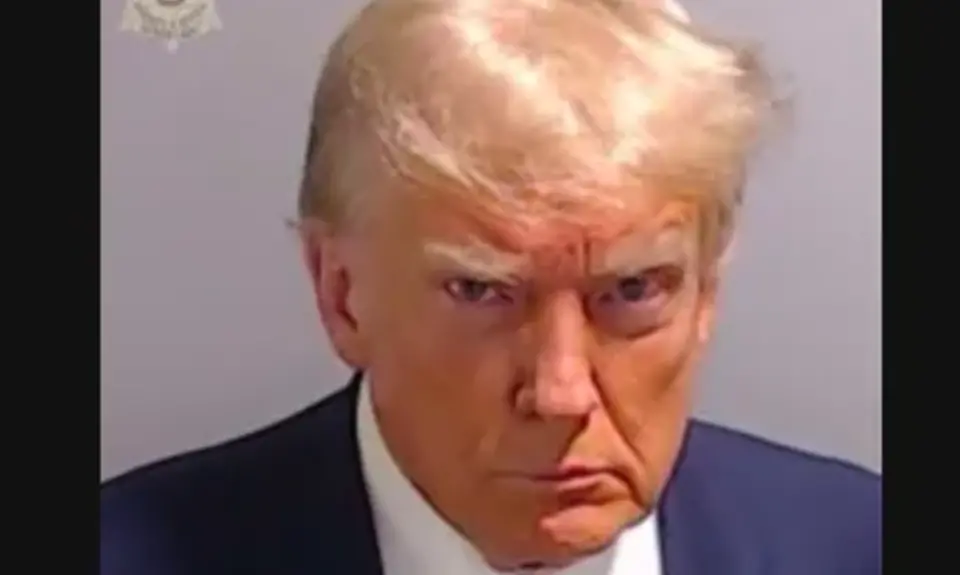Stopping the re-election of Donald Trump is crucial to American democracy and all of our rights. Others have summarized the status and outlook for the many court cases against Trump now pending in federal and state court, particularly the criminal cases. The lawsuits brought by Trump challenging his removal from the ballot have also drawn much attention. As we enter prime presidential campaign season, a key question for all of us is why these cases, and what happens in them over the next six months, is important to stopping Trump’s effort to return to the White House. Let’s take a look.
What about Trump’s claim that he is totally immune from criminal liability?
In the federal criminal case against him in DC, Trump has made the audacious claim that as a former President, he is totally immune from any criminal responsibility for past misconduct. DC District Judge Chutkan rejected that claim, and the DC Circuit heard arguments on it on January 9. The three judges were “skeptical’ of the absolute immunity claims, and the court will hopefully decide the case shortly. The question then becomes what will the Supreme Court do and when. Pending a decision, Judge Chutkan has put the case against Trump on hold.
A Court ruling rejecting Trump’s absolute immunity claims soon is crucial to stopping Trump. This will allow cases against him to go forward and also refute his imperial assertions for all Americans to see. Assuming that the DC Circuit affirms Judge Chutkan’s decision, it would be sufficient for the Supreme Court to simply deny review or to summarily affirm the DC Circuit. Whether done in such an abbreviated fashion or after a complete review on the merits, it is very important that the Court act quickly enough so that at least the case before Judge Chutkan can move forward promptly.
To stop Trump, is it necessary that the Supreme Court affirm the Colorado decision removing him from the ballot under Section 3 of the Fourteenth Amendment?
No. Although such a ruling could well stop Trump, most observers think there will not be a majority on the Court to do so, and it is not absolutely necessary. What is crucial is that the case be resolved early and that the Court avoid issuing what would be a very divided ruling that finds on the merits that Trump did not participate in an insurrection and is thus clearly qualified to be on the ballot. Such a result would be a major shot in the arm for Trump and his core supporters.
Fortunately, the Court could easily rule against the Colorado result without giving Trump the vindication he seeks. The Court could decide, for example, that section 3 does not apply to presidential candidates or that Congress must pass legislation or take other action before section 3 can be used against a candidate. The Court has scheduled argument in the Colorado case on February 8, so we will learn soon what the justices are thinking and hopefully how they will rule.
How important is a pre-election ruling against Trump in one of the criminal cases pending against him?
It is very important that at least one of the four criminal cases against Trump goes to trial and results in a verdict against him before the election. This will expose crucial evidence of Trump’s corruption and misbehavior for all Americans to see and present to the public a jury verdict that Trump has committed criminal misconduct. Although core supporters may vote for him anyway, the majority of voters hopefully will not.
What are the four criminal cases against Trump and which are likely to be decided before the election?
There are two federal and two state cases. Special Counsel Jack Smith brought the case in DC before Judge Chutkan that indicted Trump for election interference and attempting to reverse the results of the 2020 election. She has set a trial date for March 4, and is well known as a diligent judge who tries to adhere to her schedules. Assuming the immunity issue discussed above is resolved promptly, even if the case is slightly delayed we are hopeful that this case will be decided by a jury before the election.
Most people are less optimistic about the second federal case, which concerns Trump removing from the White House and keeping classified and other documents after his term as president ended, in violation of federal law. The case has been set for trial in Florida on March 25, but it is before Judge Aileen Cannon, a Trump-appointed judge with relatively little experience who has already delayed matters and ruled for Trump before.
Fulton County District Attorney Fanni Willis has brought an election interference case in Georgia state court, focusing on interference in Georgia and elsewhere. Willis is an experienced prosecutor who has proposed an August 5 trial date. Because there are multiple defendants in the case and the trial judge is relatively inexperienced, it is unclear whether this case can go to trial and result in a jury verdict before the election.
The fourth case is a New York state indictment charging Trump with falsifying business records in connection with hush money payments to porn star Stormy Daniels. A trial date has been set for March 25, only one week before the state presidential primary. The judge has indicated a willingness to delay the trial I the federal case before Chutkan goes forward as scheduled. As with the other cases against him, Trump is pursuing various delaying tactics, and the outcome is uncertain.
